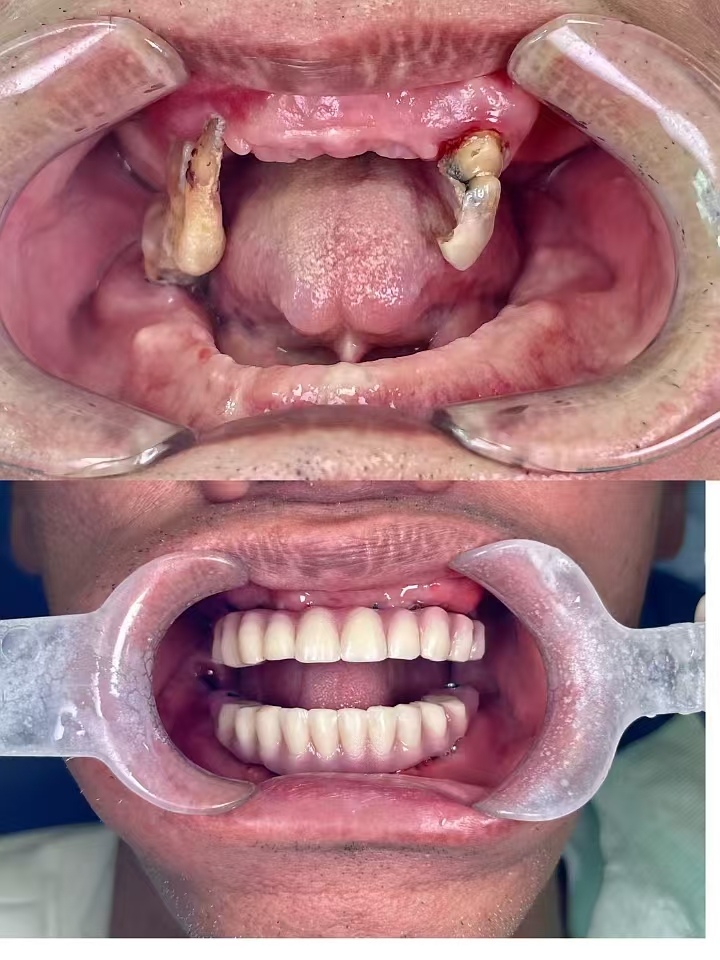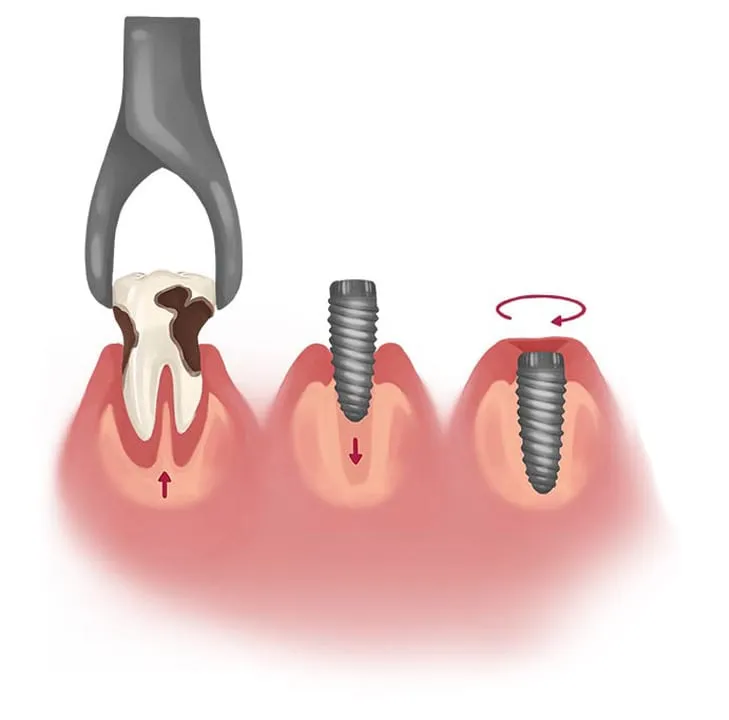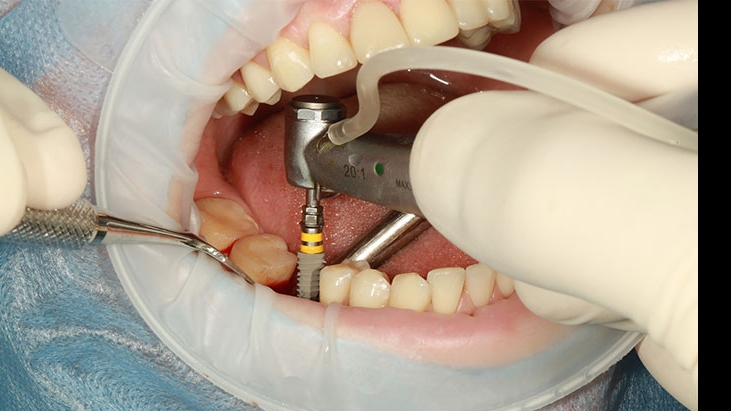Which dental implant is right for you?
Which dental implant is right for you?
Implants, also known as artificial roots, are the core component of dental implants. It is usually made from a biocompatible material, such as titanium or a titanium alloy, to ensure it can bond tightly with the jawbone. Implants are surgically inserted into the jawbone of the patient's missing tooth area and are stably fixed there to provide support and fixation.
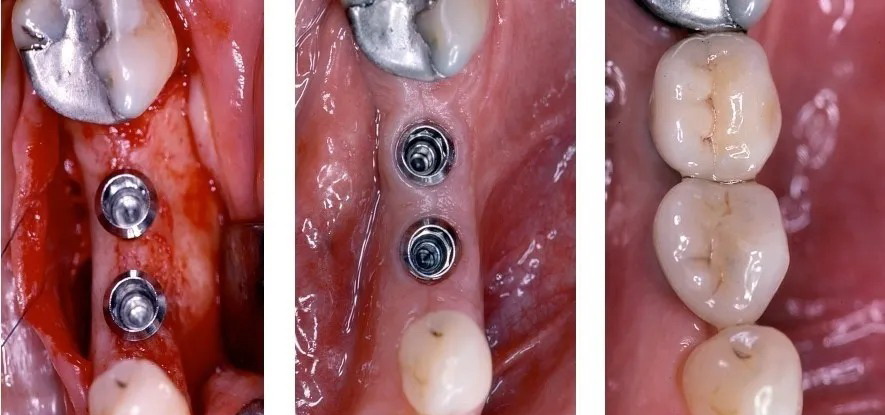
What are the requirements for dental implants?
1. Oral health. There should be no active periodontal diseases in the mouth, such as gingivitis, periodontitis, etc., because periodontal health is very important to the long-term success of implants.
2. Bone conditions: The implant needs to be firmly implanted in the alveolar bone and fused with the surrounding bone tissue. Therefore, the quantity and quality of alveolar bone are important conditions for dental implants.
3. Physical conditions and chronic diseases, such as diabetes, cardiovascular disease, etc., may affect the success and recovery of dental implants.
4. Age: Dental implants are generally suitable for adults, because minors’ jaws and teeth have not yet been fully developed and may not be suitable for dental implant surgery.
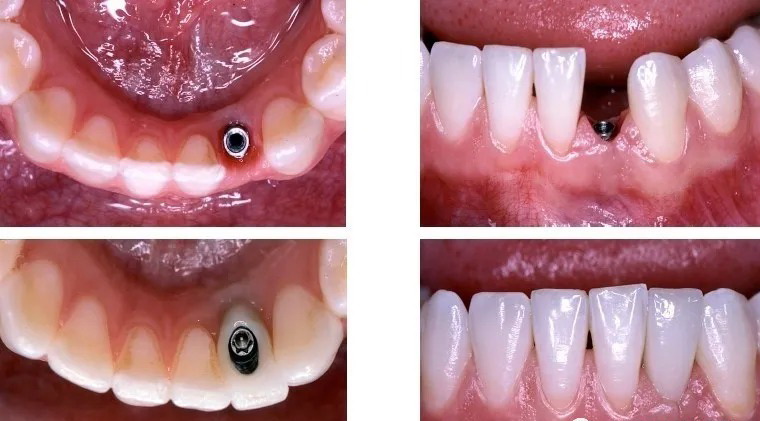
The Difference Between Dental Implants
"There are more than 300 dental implant brands in the world, but the mainstream dental implant brands are mainly concentrated in Switzerland, Germany, the United States, Sweden, South Korea and other countries. Different dental implant brands have differences in price, technology, quality, lifespan, maintenance, etc. "It is relatively one-sided to judge the quality of dental implants based on price alone, because in order to cover various groups, each brand has launched implants with high and low price. Professionally speaking, the quality of dental implants is comprehensively evaluated from three aspects:
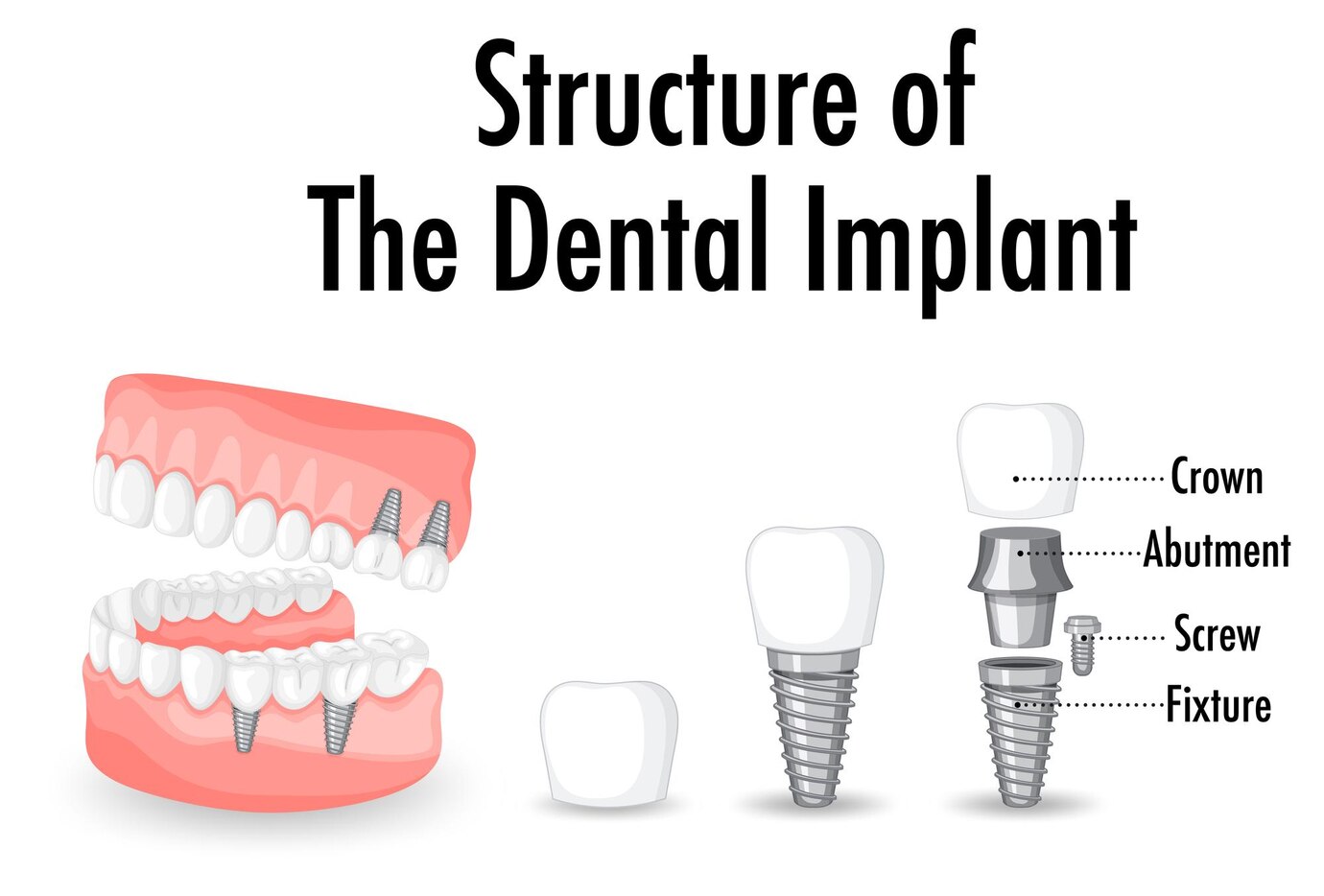
1. In terms of performance, good implants can carry static and dynamic chewing and bite forces, and will not break, deform, wear, etc. during long periods of use;
2. In terms of biocompatibility, whether the "foreigner" implant can pass the test of the autoimmune system and integrate well with the surrounding tissue without generating rejection is the key to whether the implant can be retained for a long time;
3. In terms of osseointegration, if the implant is to grow after it is implanted, osteoblasts need to adhere to the surface of the implant and then differentiate into bone cells to form osseointegration of the implant. Some implant brands have "bone-related models". ”.
Finally, each patient’s oral condition and needs are unique, so when choosing an implant, you need to consult a professional dentist to make the best choice based on your personal situation.
